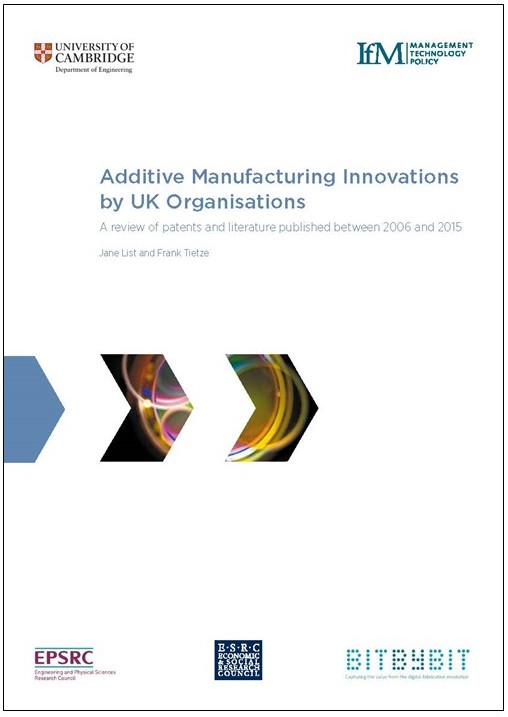Reports
Building stronger intellectual property strategy capabilities
Supporting SMEs to suceed with open innovation
Small and medium-sized enterprises (SMEs) are considered to be the engine of the European economy. They are expected to lead the ‘twin transitions’ towards climate neutrality and digital leadership set out in the European Commission’s (The Commission) industrial strategy. It is generally accepted that they will play an important role in the recovery from the COVID-19 pandemic. While SMEs are a heterogeneous group of businesses, many SMEs pioneer new technologies, products, services and software. As those solutions become increasingly technologically complex, SMEs more frequently engage in collaborations with a wide range of partners, i.e. Open Innovation (OI). After an official commitment to OI in 2016, the Commission continues to promote OI as part of its digital single market and innovation policies. Not only for SMEs working on key enabling technologies, their Hard-IP (e.g. patents, trademarks), but often more so their Soft-IP (e.g. data, know-how), represents a considerable value to their business. However, a large share of SMEs still lacks awareness and understanding of IP, not least to effectively appropriate the benefits of OI. This study was commissioned to provide an empirical basis for existing OI models and the extent to which IP – including patents, utility models, designs, but also trade secrets, data and know-how – facilitates or hinders OI, with a particular focus on SMEs.
 Additive Manufacturing Innovations by UK Organisations
Additive Manufacturing Innovations by UK Organisations
A review of patents and literature published between 2006 and 2015
Jane List and Frank Tietze
 Exploring The Future Of Patent Analytics
Exploring The Future Of Patent Analytics
Leonidas Aristodemou and Frank Tietze
